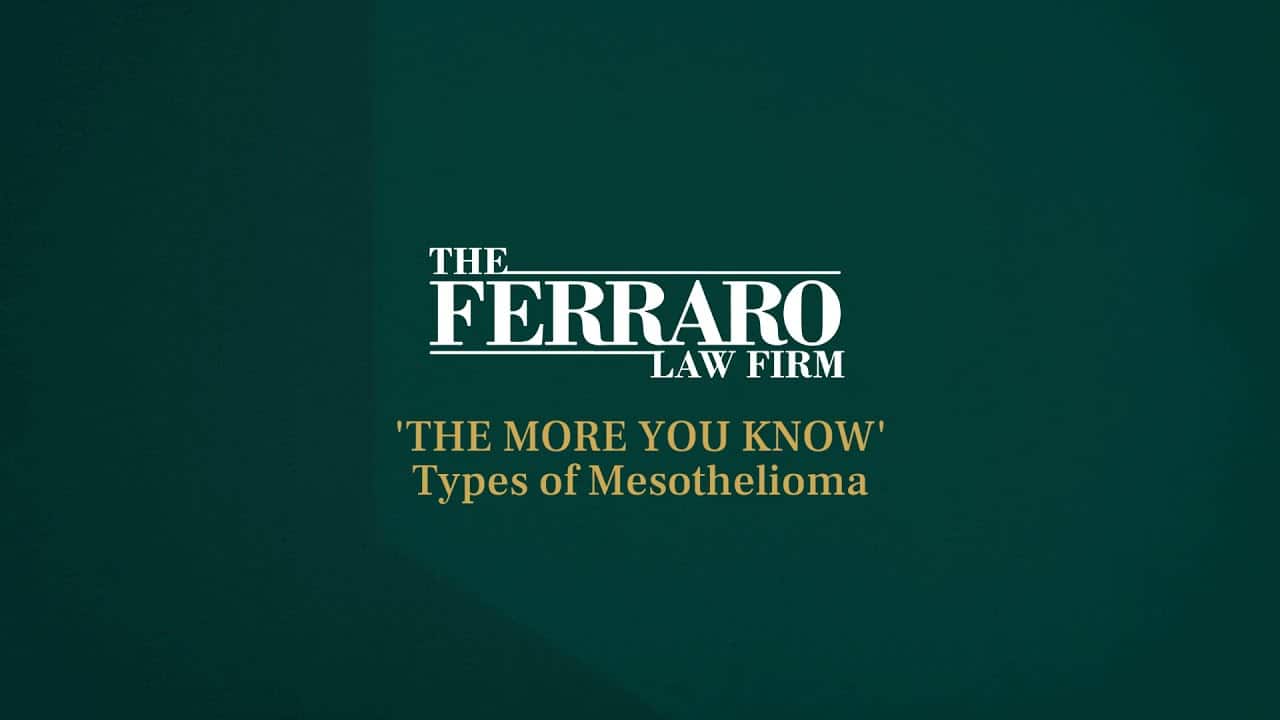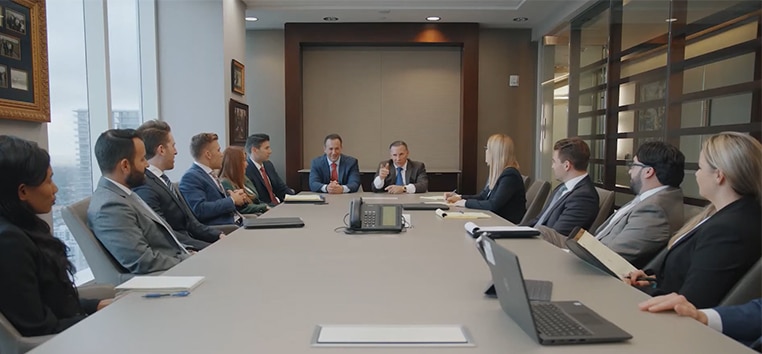If you were seriously injured, remember that it is crucial to choose the right law firm to represent your interests. We have been doing this for more than three decades, and have the resources you need to challenge any opponent.
Beckering v. Shell Oil Company – Secondary Asbestos Exposure
Mesothelioma litigation poses many challenges for plaintiffs’ attorneys, including establishing proof of sufficient exposure and causation, defendant liability, and level of damages.
Complications may be further compounded when taking on a case of secondary exposure. These are most often situations where women and children of workers exposed to asbestos were also made ill after coming in contact with the clothing of their loved one on a daily basis. When those clothing items were covered in asbestos dust and fibers, they were breathed in by family members who laundered those items, or simply offered a daily hug upon the worker’s return home.
In these instances, not only are plaintiffs’ attorneys tasked with proving the underlying exposure, but also the extensive exposure by the secondary victim, as well as a duty of care owed by the defendant to the secondary plaintiff.
Our mesothelioma attorneys recognize such claims can be successful, but the duty of care element is critical. It’s often where many of these cases fail.
Such was the situation in Beckering v. Shell Oil Company, before the California Court of Appeal, Second Appellate District Division Three.
The plaintiff was married for decades to a man who was employed as a machinist by the defendant oil company. As part of his daily routine, he frequently was exposed to asbestos, and in turn he brought the dangerous fibers home with him on his clothing, which she laundered. She never visited his place of work.
After her husband’s death of asbestos-related disease, she also developed mesothelioma. She sued her husband’s former employer on two negligence theories: product liability and premises liability.
The defendant moved for summary judgment on each point. The defendant company did not make the products at issue, so it was granted summary judgment on the two claims of product liability. The plaintiff did not oppose this adjudication.
She did, however, oppose the grant of summary judgment on the premises liability theory. She asserted it was distinguishable from previous case law, where courts in that region found no legal duty of care existed between a property owner and the potentially exposed family member of a worker. The cases were distinguishable, she said, since in the other two cases relied upon by the defense, there was weak evidence the employer exercised any substantial degree of control over subcontracting workers who brought home the hazardous material to their families. In this case, the plaintiff argued the company was in “direct and unfettered control.”
As such, she argued the firm had a general duty of reasonable care, and there was nothing to suggest the defendant should be granted an exception.
However, the appellate court disagreed, finding that an imposition of duty on property owners to warn all workers and family members of possible hazards would be to “impose limitless liability,” and the court refused to do it.
These cases can be successful, but it depends heavily on the individual facts, the jurisdiction in which the claim is brought, and the effectiveness of one’s attorney in presenting relevant evidence and arguing complex matters of law.
Table of Contents
Frequently Asked Questions: Mesothelioma & Asbestos
What is asbestos?
Why is asbestos dangerous?
What are asbestos-related diseases?
What causes mesothelioma?
What are the different types of mesothelioma?
What are common mesothelioma symptoms?
Do I qualify for compensation if I have mesothelioma?
What is the life expectancy for someone with mesothelioma?
Do I qualify for compensation if I have mesothelioma?
Help for mesothelioma victims can be found at The Ferraro Law Firm by calling (888) 554-2030. Offices in Miami, Washington, D.C., and New York City.






